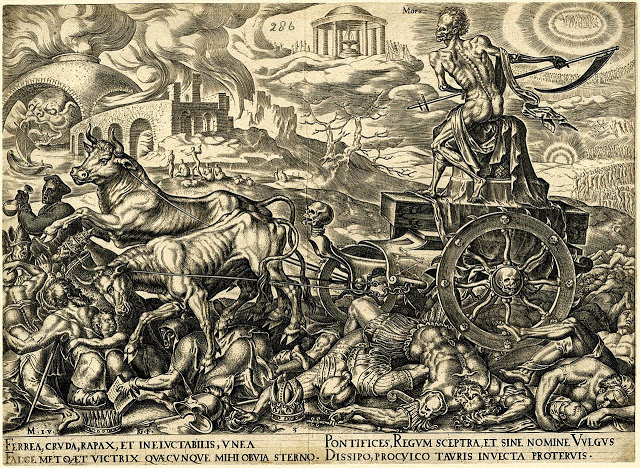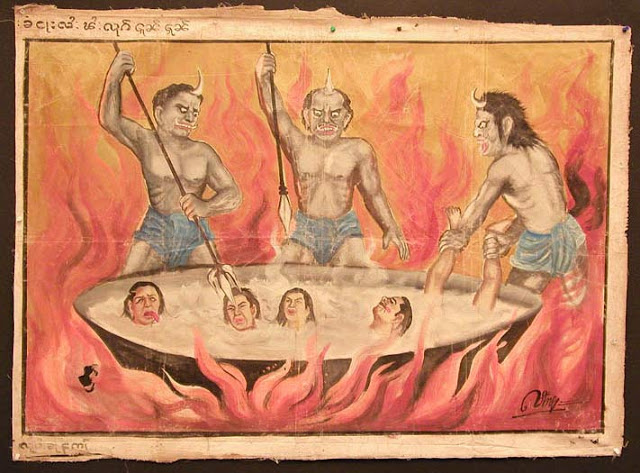

| Online: | |
| Visits: | |
| Stories: |

| Story Views | |
| Now: | |
| Last Hour: | |
| Last 24 Hours: | |
| Total: | |
Who Is Least Afraid of Death? Study Answer Surprises
Religion has long been thought to be a solution to the problem of death. Notions of an afterlife are nearly universal, though there is great diversity in the details. Given this close association between religion and death, researchers have long supposed that religion lessens fear about death. It stands to reason that religious believers should be less fearful of death than nonreligious individuals, or does it?
‘Meta-analyses are statistical procedures used to extract and combine the findings of multiple studies. This produces a better estimate of the consensus in a field than looking at individual studies,’ explains Dr Jonathan Jong, a Research Associate at the Institute of Cognitive and Evolutionary Anthropology and Research Fellow at Coventry University. Jong led a team of researchers from Oxford, Coventry, Royal Holloway, Gordon College, Melbourne University and Otago University to search systematically for research on the relationship between death anxiety and religious belief.
The team found 100 relevant articles, published between 1961 and 2014, containing information about 26,000 people worldwide. Combining this data, they found that higher levels of religiosity were weakly linked with lower levels of death anxiety. The effects were similar whether they looked at religious beliefs such as belief in God, and an afterlife, or religious behaviour like going to church, and praying.
Some studies also distinguished between intrinsic religiosity and extrinsic religiosity. Extrinsic religiosity is when religious behaviour is motivated by pragmatic considerations such as the social or emotional benefits of following a religion, whereas intrinsic religiosity refers to religious behaviour driven by ‘true belief’. The meta-analysis showed that while people who were intrinsically religious enjoyed lower levels of death anxiety, those who were extrinsically religious revealed higher levels of death anxiety.
Based on previous research, the team also checked for curvilinear patterns in the data. Rather than assuming that the religiosity is either positively or negatively related to death anxiety, some researchers have posited that the relationship is like an upside-down U shape, with religious believers and disbelievers showing less death anxiety than people in between. Out of the 100 studies, the team only found 11 studies that were robust enough to test this idea; however, of these, almost all (10) formed this pattern.
Dr Jong commented: ‘It may be that other researchers would have found this inverse-U pattern too if they had looked for it. This definitely complicates the old view, that religious people are less afraid of death than nonreligious people. It may well be that atheism also provides comfort from death, or that people who are just not afraid of death aren’t compelled to seek religion.’
Contacts and sources:
Source: http://www.ineffableisland.com/2017/03/who-is-least-afraid-of-death-study.html




